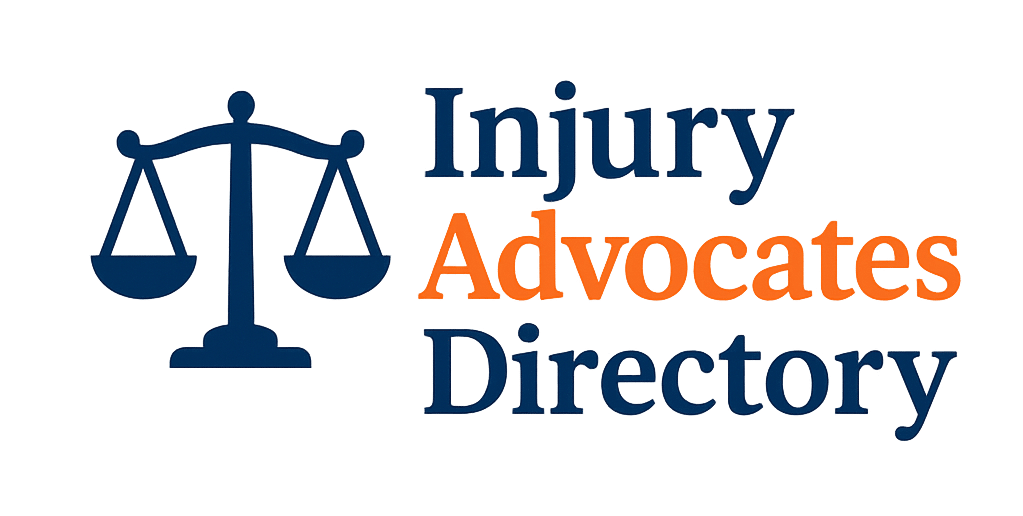In personal injury claims, medical records serve as a cornerstone of the evidence that can make or break your case. These records provide essential documentation of injuries, treatments, and their impact on your life, making them crucial for establishing causation and severity in your claim. Understanding the role of medical records in injury claims is vital for anyone navigating the legal landscape of personal injury.
The importance of accurate and comprehensive medical documentation cannot be overstated. They not only substantiate the injuries sustained but also support claims for compensation, including medical expenses, lost wages, and other long-term care needs. By attending doctor appointments and collecting thorough documentation, you can significantly enhance the strength of your personal injury case.
The Importance of Medical Records in Personal Injury Claims
Medical records are essential in establishing the validity of your personal injury claim. They offer a timeline of events, detailing your injuries from the moment they occurred to the present day. This information is crucial in demonstrating the extent of your injuries and the treatment received.
- Medical records document the injury: From ambulance reports to ER notes, each piece of documentation adds to the narrative of your injury.
- Support causation: They help show the link between the accident and your injuries, which is vital for legal claims.
- Quantify damages: Accurate records allow for a clear calculation of economic and non-economic damages.
Furthermore, these documents can serve to counter any defense arguments that claim exaggeration or pre-existing conditions. Having a detailed history of your medical treatment can validate your claims and help secure a more favorable outcome in your case.
Understanding Medical Records for Making Injury Claims
To effectively utilize medical records in your personal injury case, it’s important to understand what types of records are necessary. These can include doctor’s notes, diagnostic test results, and treatment plans. Each record plays a crucial role in painting a complete picture of your injuries.
Types of medical records commonly needed for personal injury claims include:
- Emergency room reports
- Physician's notes
- Surgery and hospital discharge summaries
- Physical therapy records
By organizing and presenting these records correctly, you increase the credibility of your claims and make it easier for your attorney to advocate on your behalf. Legal professionals often rely on these documents to build a compelling case that illustrates the full extent of your injuries and the necessary compensation.
The Role of Medical Records in Your Personal Injury Claim
The role of medical records extends beyond just proving that an injury occurred. They are instrumental in establishing the severity of the injury and the impact it has on your life. Detailed documentation can reveal the ongoing nature of your recovery and the necessity for continued treatment.
Moreover, attending all medical appointments not only aids in recovery but also demonstrates consistency in treatment. This can enhance the credibility of your claims:
- Builds trust: Consistent medical care shows that you take your recovery seriously.
- Proves ongoing issues: Regular visits reflect the continuous impact of the injury.
- Strengthens your case: A well-documented treatment history can lead to higher settlements.
In cases where injuries are not immediately apparent, early and thorough medical documentation is vital for gathering evidence. Delays in treatment can weaken your position, making it crucial to act promptly in seeking medical attention.
How Do Medical Records Affect My Personal Injury Claim?
Medical records play a pivotal role in determining the outcome of personal injury claims. They influence the compensation amount you may receive and provide the necessary evidence for your case. Insurance companies often scrutinize these records to assess the legitimacy of claims.
Thorough medical documentation impacts compensation in several key ways:
- Demonstrating medical necessity: Detailed records support the need for specific treatments and expenses.
- Quantifying pain and suffering: Medical records can provide evidence that aids in calculating non-economic damages.
- Addressing pre-existing conditions: Comprehensive records can clarify the extent to which your injury is related to the accident versus past issues.
The more comprehensive and accurate the medical records, the stronger your case becomes. They provide the narrative that judges and juries rely on to understand the full extent of your injuries.
The Importance of Medical Documentation in Personal Injury Claims
Medical documentation serves as a foundational element in personal injury cases. It not only outlines the injuries you sustained but also provides a clear record of the treatments you have undergone. This documentation is essential for establishing liability and justifying the compensation you're seeking.
In addition to medical records, it’s important to include:
- Billing statements for treatments
- Reports from specialists
- Records of follow-up visits
Having complete medical documentation helps counter any defense claims that might suggest you are exaggerating your injuries or that they existed prior to the incident.
How Medical Records Strengthen Your Injury Case
The strength of your personal injury case heavily relies on the quality and detail of your medical records. They can effectively demonstrate not only the injuries but also the treatments required for recovery. This is particularly important when negotiating with insurance companies.
Strong medical records can:
- Provide a timeline: They establish when the injury occurred and the subsequent medical response.
- Support long-term care needs: Detailed documentation can illustrate the need for ongoing support and treatment.
- Enhance settlement negotiations: A well-documented case can lead to better settlement offers from insurance companies.
In summary, the role of medical records in injury claims cannot be underestimated. They substantiate claims and provide a detailed account of the injuries and treatments, ultimately influencing the amount of compensation awarded.
Questions related to the significance of medical records in injury claims
What is the main purpose of medical records?
Medical records serve to document a patient's medical history, treatments, and progress. They are vital in establishing the details surrounding an injury and can provide critical evidence in legal claims. By outlining the sequence of events, these records help to substantiate injury claims by offering a clear account of what occurred.
Can medical records be used in a lawsuit?
Yes, medical records are often crucial in personal injury lawsuits. They provide documented evidence that can support claims of injuries sustained in an accident. This documentation is essential for proving causation and the extent of damage, which can influence the outcome of the case significantly.
What is the hardest injury to prove?
Injuries that do not have clear, visible signs, such as soft tissue injuries or emotional trauma, can be difficult to prove in a court of law. These types of injuries often rely heavily on medical records and expert testimony to establish their legitimacy and effect on the victim’s life.
Why does insurance need medical records?
Insurance companies require medical records to assess the validity of a claim. They look for documented evidence of the injury, treatment history, and ongoing care needs. This information helps them determine the extent of liability and the appropriate compensation amount.

